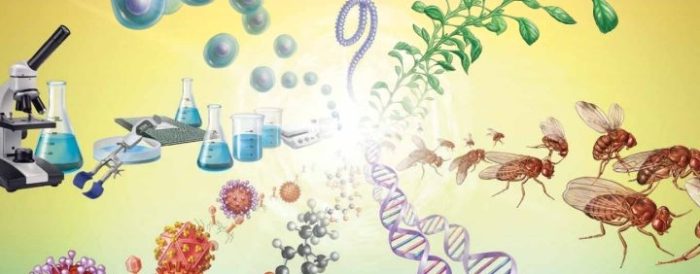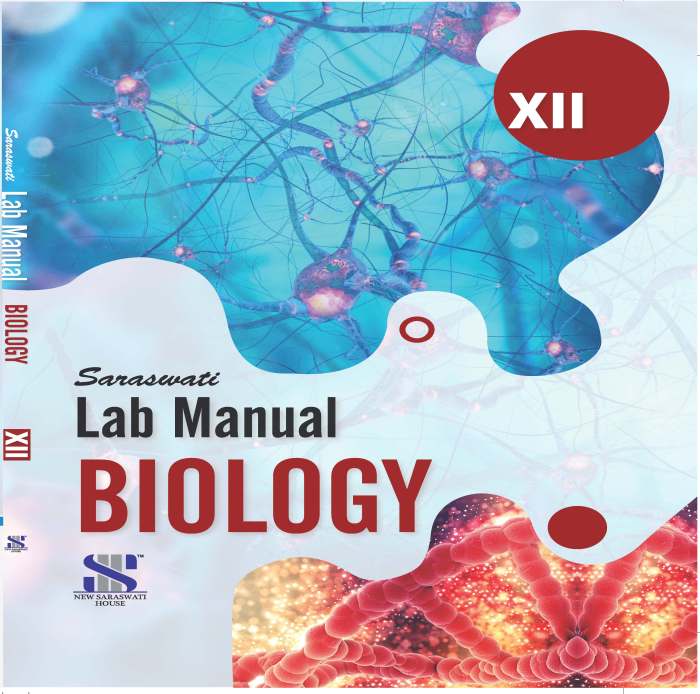Exploring biology in the laboratory 3rd edition pdf – Exploring Biology in the Laboratory, 3rd Edition PDF unveils the intricacies of life sciences, inviting readers to embark on a captivating journey through the fundamentals of biology. This comprehensive guide provides a solid foundation in the field, encompassing essential concepts, groundbreaking discoveries, and cutting-edge advancements.
From the fundamental principles of the scientific method to the complex interactions within ecosystems, this meticulously crafted text illuminates the diverse branches of biology, empowering students with a deep understanding of the living world.
1. Introduction to Biology: Exploring Biology In The Laboratory 3rd Edition Pdf

Biology is the scientific study of life. It is a vast and complex field that encompasses a wide range of topics, from the smallest microorganisms to the largest animals and plants. Biology is essential for understanding the natural world and our place in it.
Branches of Biology
- Molecular biology: Studies the structure and function of molecules that are essential for life.
- Cell biology: Studies the structure and function of cells, the basic unit of life.
- Genetics: Studies the inheritance and variation of traits from one generation to the next.
- Evolutionary biology: Studies the history of life on Earth and the processes that drive evolution.
- Ecology: Studies the interactions between organisms and their environment.
- Human biology: Studies the structure and function of the human body.
History of Biology
The history of biology can be traced back to the ancient Greeks, who made important contributions to the study of anatomy, physiology, and natural history. In the 16th century, the invention of the microscope revolutionized the study of biology, allowing scientists to observe cells and other small structures for the first time.
In the 19th century, Charles Darwin’s theory of evolution by natural selection provided a major breakthrough in our understanding of the diversity of life on Earth.
2. The Scientific Method

The scientific method is a systematic approach to the study of natural phenomena. It involves making observations, forming hypotheses, testing hypotheses, and drawing conclusions.
Steps of the Scientific Method
- Make observations.
- Form a hypothesis.
- Test the hypothesis.
- Draw conclusions.
The Scientific Method in Biology
The scientific method is used in all areas of biology. For example, scientists use the scientific method to study the effects of different environmental factors on the growth of plants, the behavior of animals, and the spread of diseases.
Controls and Variables, Exploring biology in the laboratory 3rd edition pdf
Controls and variables are essential for conducting valid scientific experiments. A control is a group of subjects that is not exposed to the experimental treatment. This allows scientists to compare the results of the experimental group to the results of the control group and determine whether the treatment had an effect.
Variables are factors that can change in an experiment. Scientists must carefully control all of the variables in an experiment in order to ensure that the results are valid.
Top FAQs
What is the significance of the scientific method in biology?
The scientific method provides a systematic framework for conducting scientific investigations, ensuring objectivity, reproducibility, and the generation of reliable knowledge in biology.
How does Exploring Biology in the Laboratory, 3rd Edition PDF contribute to understanding genetics?
This text delves into the fundamental principles of Mendelian inheritance, DNA structure and function, and the role of genetics in shaping the diversity of life.
What are the key concepts explored in the ecology section of the book?
The ecology section examines the interactions between organisms and their environment, covering topics such as population dynamics, community ecology, and ecosystem functioning.